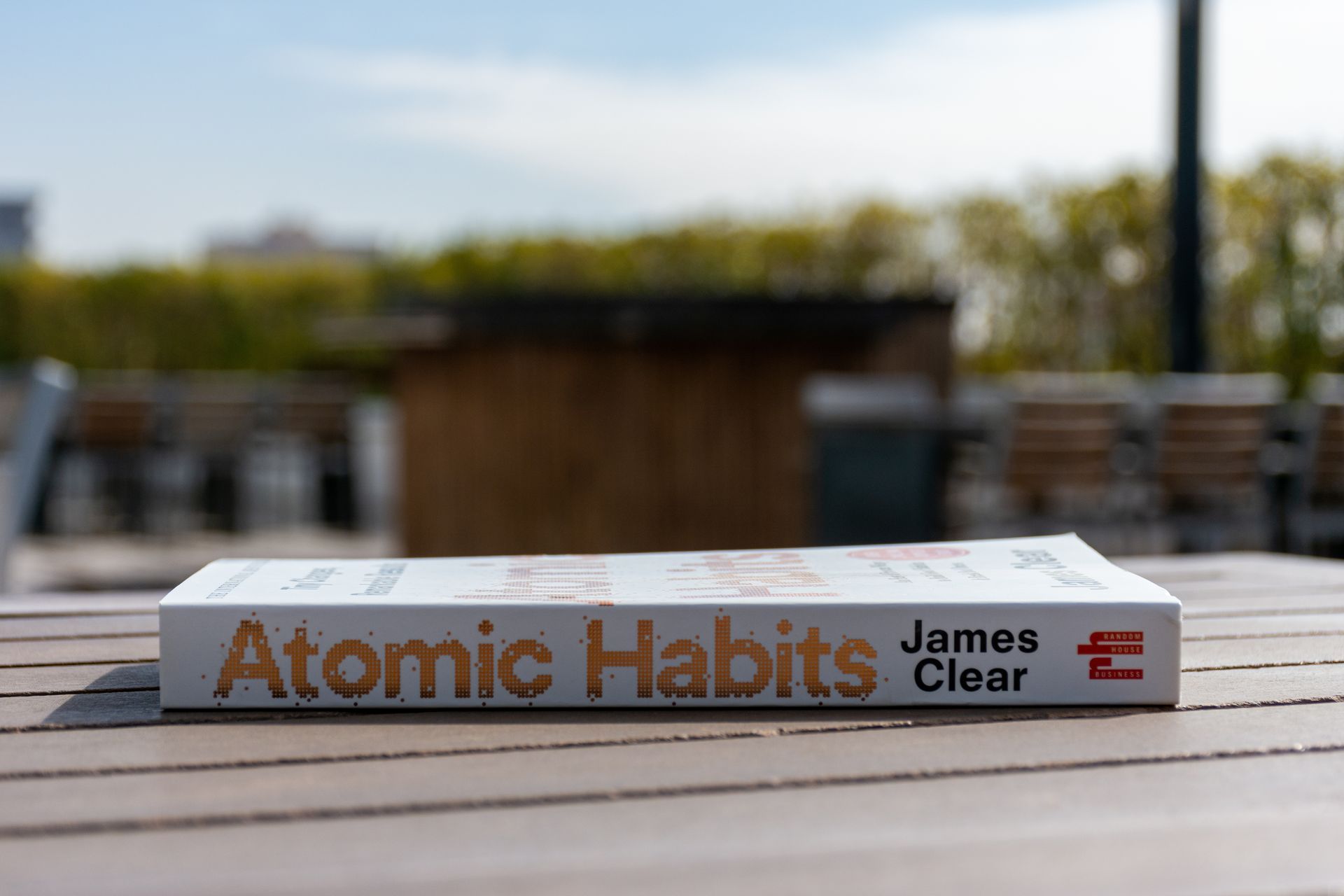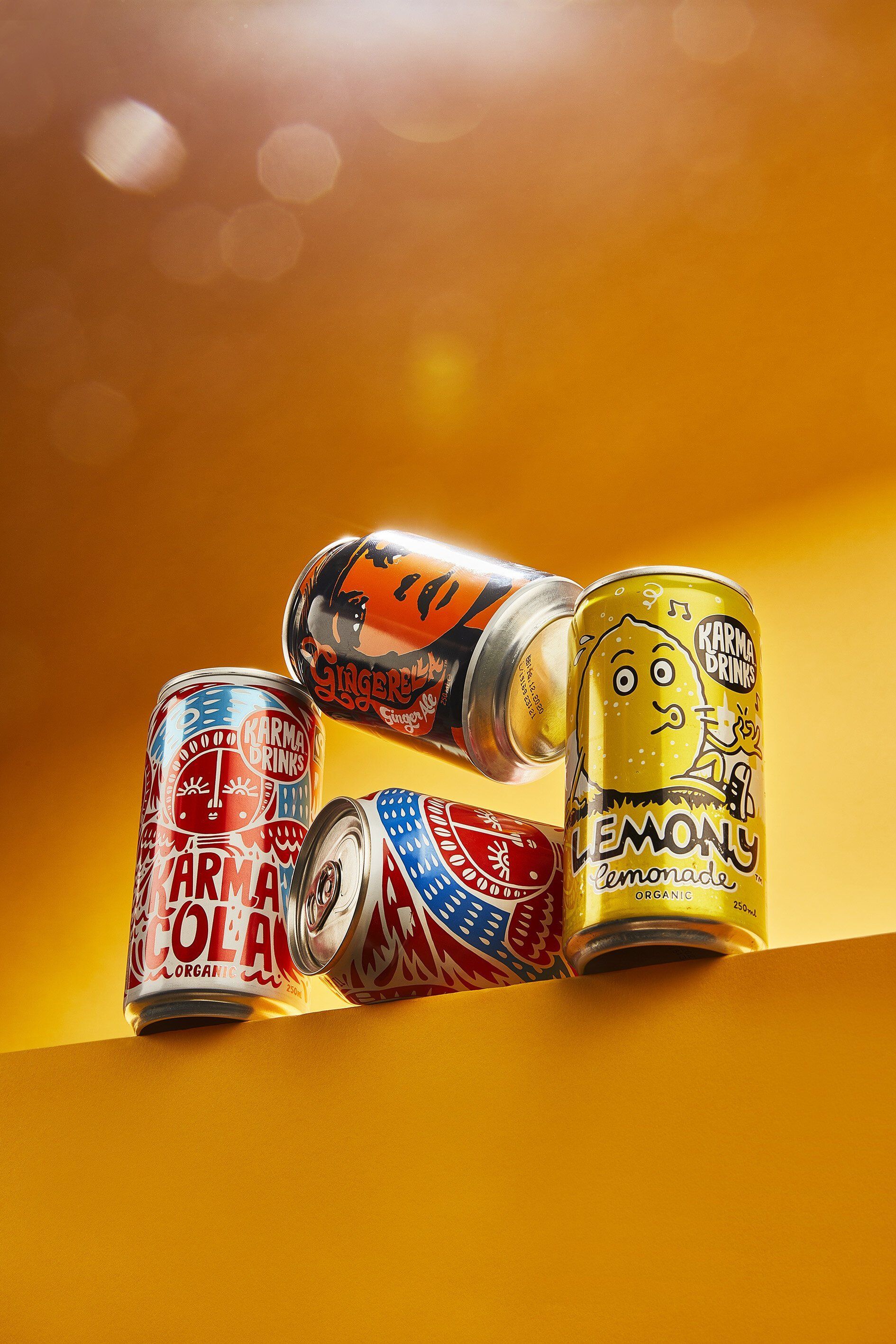Article
A Move Towards Sustainable Consumerism or Just Another Marketing Tactic?
In a global economy where consumers are pushed to purchase more and more, is deinfluencing a move towards sustainability or a marketing tactic?
The latest social media movement to deinfluencing, praised as the antidote to consumerism, sees influencers giving negative, but honest, feedback on trending and widely promoted items, such as the Dyson Air Wrap and Ugg Ultra Mini Boots. Influencers sharing honest and authentic content are experiencing higher views. The current algorithm favours the brave, and influencers who show integrity by taking risks are recognised as trustworthy, which helps build audience trust.
Today’s consumers are more aware of advertisements than ever before, and are searching for credible influencer content in the form of reviews and demos. Gen Z is driving this shift towards both brand and advocate authenticity, with reports citing authenticity, long term partnerships and brand relevance as the most important values for this generation, which is demonstrated through the shift to lo-fi content across platforms such as TikTok and BeReal.
The deinfluencing trend has been picked up in various ways, ranging from influencers and brands recommending dupes and alternative product uses through to content that exclusively reviews products in a negative way. Few have yet to take that step towards sustainability by urging followers to make considered, less frequent purchases.
For brands, this proves that authentic, long-term partnerships should be the foundation of influencer marketing strategy. When content engages influential fans to positive sentiment it becomes easier to build loyal communities and target like-minded consumers.
For influencers who choose not to contribute to the deinfluencing movement, deciding not to mention products they don’t believe in or they perceive to be poor value, are beginning to be considered inauthentic.
Whilst there are aspects of the trend which lean towards making influenced consumerism more sustainable, could it just be a marketing strategy?

share this
Related Articles
Related Articles

STAY UP TO DATE
GET PATH'S LATEST
Receive bi-weekly updates from the church, and get a heads up on upcoming events.
Contact Us









